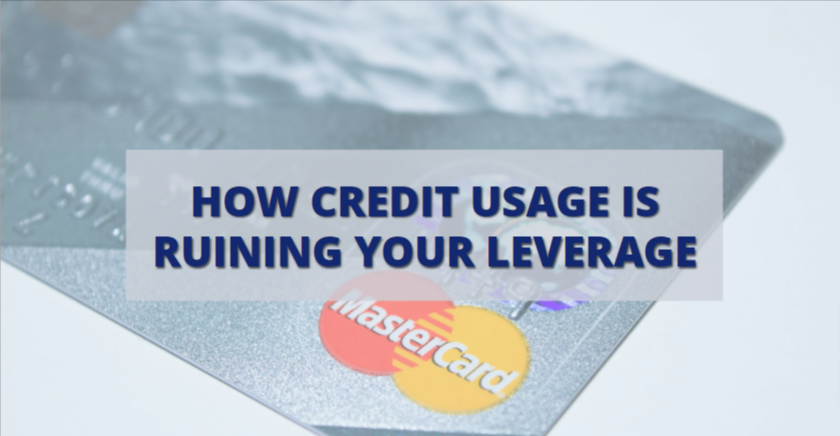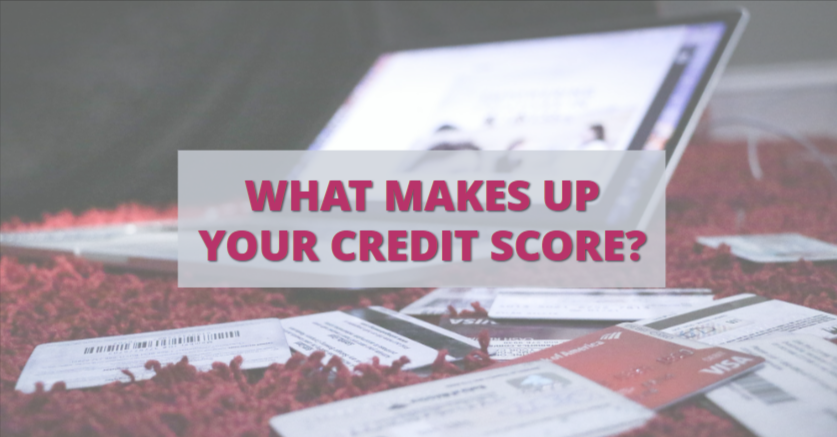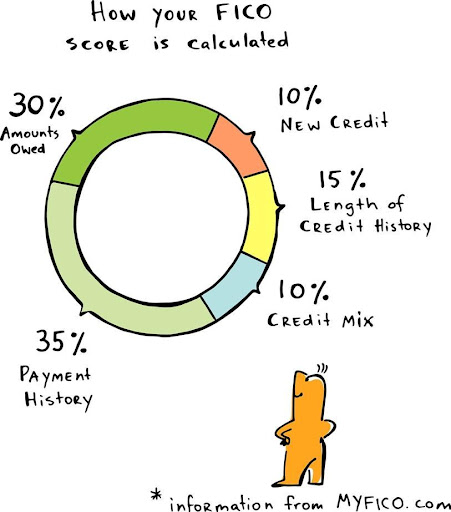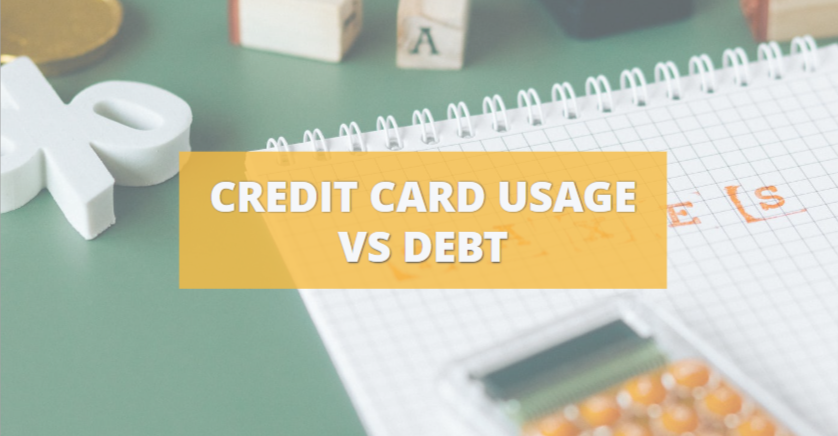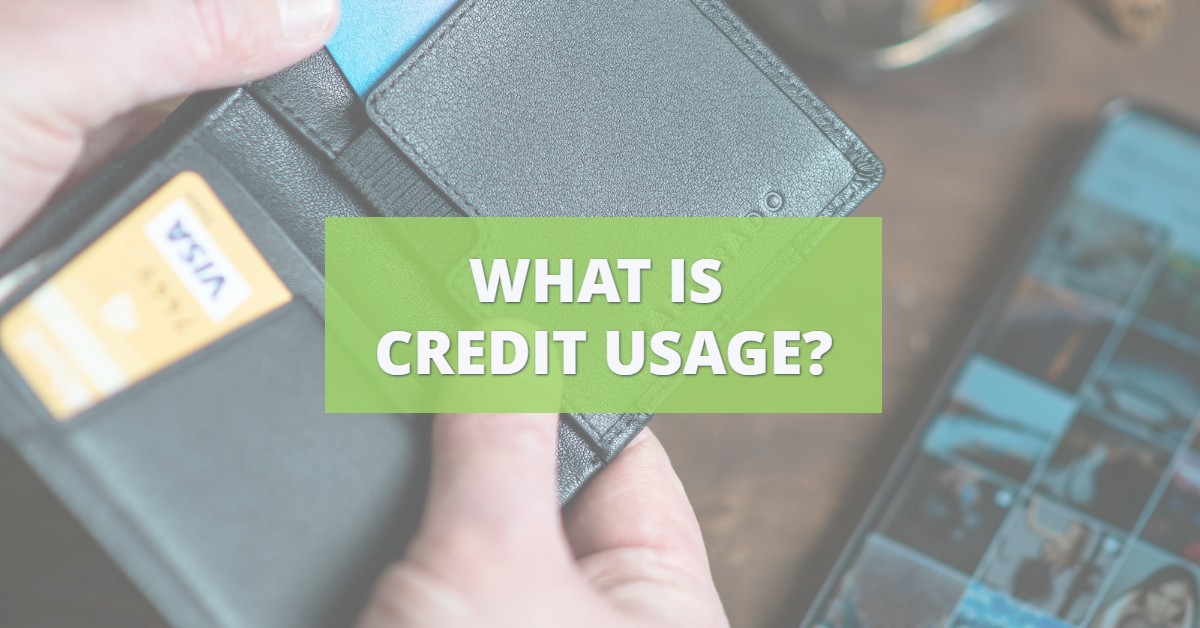Ease of funding makes real estate investing easy or hard. Here are 4 ways bad credit impacts loans.
In our 20+ year history in the lending world, we continually see credit usage as the #1 thing keeping real estate investors from obtaining the best funding possible.
Credit is the main reason funding is granted or denied. To win this game, you need to understand this and work to put yourself in the best position to succeed.
Let’s go over 4 ways that bad credit impacts loans and what you need to succeed.
The 4 Ways Bad Credit Impacts Loans
The 4 most negative potential impacts due to low credit scores for real estate investors are:
- Being denied a loan (so you can’t purchase or refinance a property)
- Cash flow takes a hit with higher rates, around 1-4%
- Higher closing costs, around .5 to 2%
- Being required to put more money down on a property (lower LTV on loans)
Let’s dive in to what each of these means for an investor.
1. Bank Turn Down
If lenders won’t lend to you, then it’s almost impossible to invest and make money. No loan, no property – no property, no investing.
Sometimes this means no one will lend to you with bad credit. Other times, you can squeeze in, but pay more than your competitor.
2. Paying Higher Interest Rates
Paying higher rates brings a lot of setbacks.
With a bad credit score, you might need to go to a different type of lender who will charge more. If not that, then you’ll at least be dropped to a lower lending tier (ie, higher interest rate) with the cheaper lender.
In any case, you’ll feel the hit of higher rates in your cash flow.
To show this, here’s an example of a 2.5% difference in rate on a $300,000 mortgage:
- Rate of 6.25% = monthly payment of $1,847.15
- Rate of 8.75% = monthly payment of $2,360.10
An investor with a 680 score might get the 8.75% rate. Another investor with a 780 could get closer to 6.25%. That’s over $500 more per month one investor pays versus the other.
More money means more you can re-invest. Another example of why it is easier to succeed with better funding.
3. Paying Higher Fees
Almost every lender has pricing tiers. These tiers are usually tied to credit scores in some way.
The lower the score, the higher the cost of the loan. With bad credit, some lenders jack up the rate and others jack up the fees.
These fees typically come in tiers similar to this one from a bridge lender:
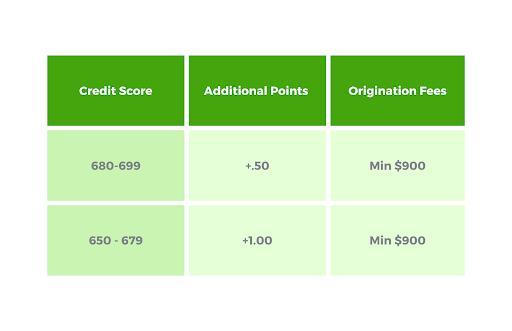
In this example, on a $300,000 loan, you will pay an extra $1,500 to $3,000 more than your competitor with great credit for the same loan.
4. Lower LTV Funding
Credit score is the main reason some investors can get away with only putting 10% (or even 0%) into a project while others have to bring in up to 25%.
In our $300,000 property example:
- At 10% down, you bring in $30,000
- At 25% down, you bring in $75,000
That extra $45,000 could keep you out of deals and or limit the number of deals you could have going at a time.
Keep Bad Credit from Impacting Loans
Overall, we need funding to succeed in real estate. The cheaper, easier, and faster it is, the more opportunities and success it creates. Bad credit impacts the loans you can get for your investments.
Check out these other tips to quickly raise your credit score on our YouTube channel.
You can also send us an email anytime with questions about your credit and real estate investing loans at Info@TheCashFlowCompany.com.



